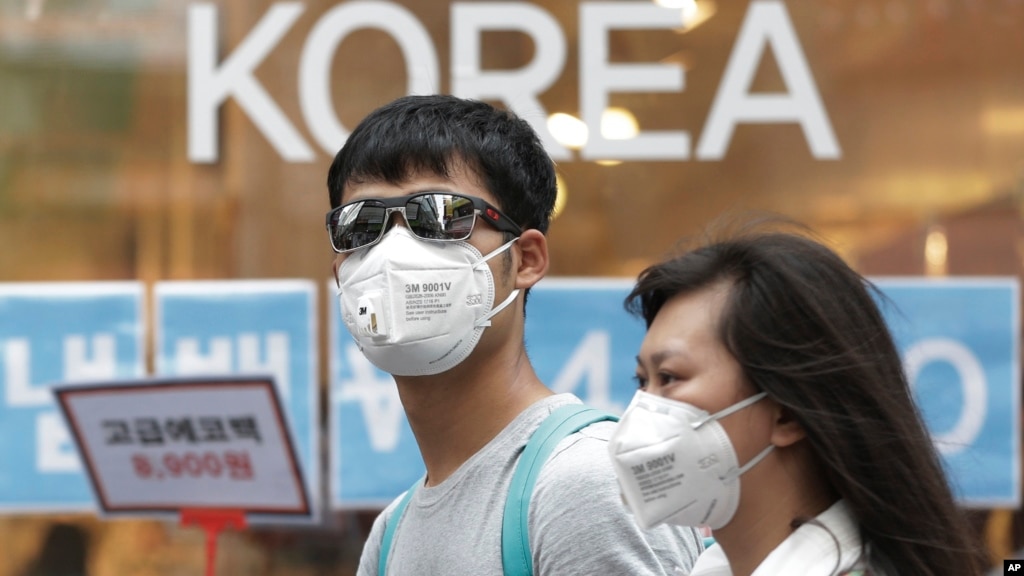
The World Health Organization is urging all countries to be more vigilant as South Korea reported its 27th death from the Middle East Respiratory Syndrome, or MERS, virus. South Korea has also reported three new people have been infected by the disease. The total number of MERS cases there is now 172.
WHO officials say the spread of the mysterious virus in South Korea is not a worldwide public health emergency. However, the U.N health agency says a lack of awareness about the virus among health workers and the public in South Korea was a major reason for its fast spread.
South Korea is now taking strong measures to prevent others from coming in contact with people who are infected. Hospital workers are taking extra precautions with those suspected of having MERS. Workers are also taking children’s temperatures at schools, and sanitizing – carefully cleaning – buses.
Bruce Merchant is a doctor that specializes in infectious diseases. He spoke to VOA via Skype.
Dr. Merchant says the recovery rate for MERS seems to be higher than average in South Korea.
“South Korea is an advanced, industrialized country with a very well-developed healthcare system and they obviously caught this situation early on and have taken very decisive steps.”
Still, the only treatment available is reducing the fever and other symptoms.
MERS first appeared three years ago in the Middle East, where the virus has caused the majority of deaths so far. More than 1,000 people have been infected. The virus has killed nearly 500 of them.
Anyone can get MERS. The symptoms are similar to those of the flu, but MERS affects the lungs.
Those most likely to get the disease and most at risk of dying are the very young, the elderly and those whose immune systems are not strong enough to fight off the disease.
Dr. Keiji Fukuda with the World Health Organization offered some hope for an end to the outbreak.
"We do not see any changes that appear to have made the virus itself more transmissible."
The World Health Organization says new cases are already falling in South Korea. It expects the MERS virus to be contained there by July. But experts say the only way truly to control the MERS virus is to control it in the Middle East, where it is still spreading.
I’m Marsha James.
Correspondent Carol Pearson reported this story from Washington. Marsha James adapted it for VOA Learning English. Kelly Jean Kelly was the editor.
Words in This Story
vigilant – adj. carefully noticing problems or signs of danger
precaution – n. something that is done to prevent possible harm or trouble from happening in the future
infectious – adj. suffering from a disease that can be spread to other people by germs
transmissible – adj. able to spread to other people
